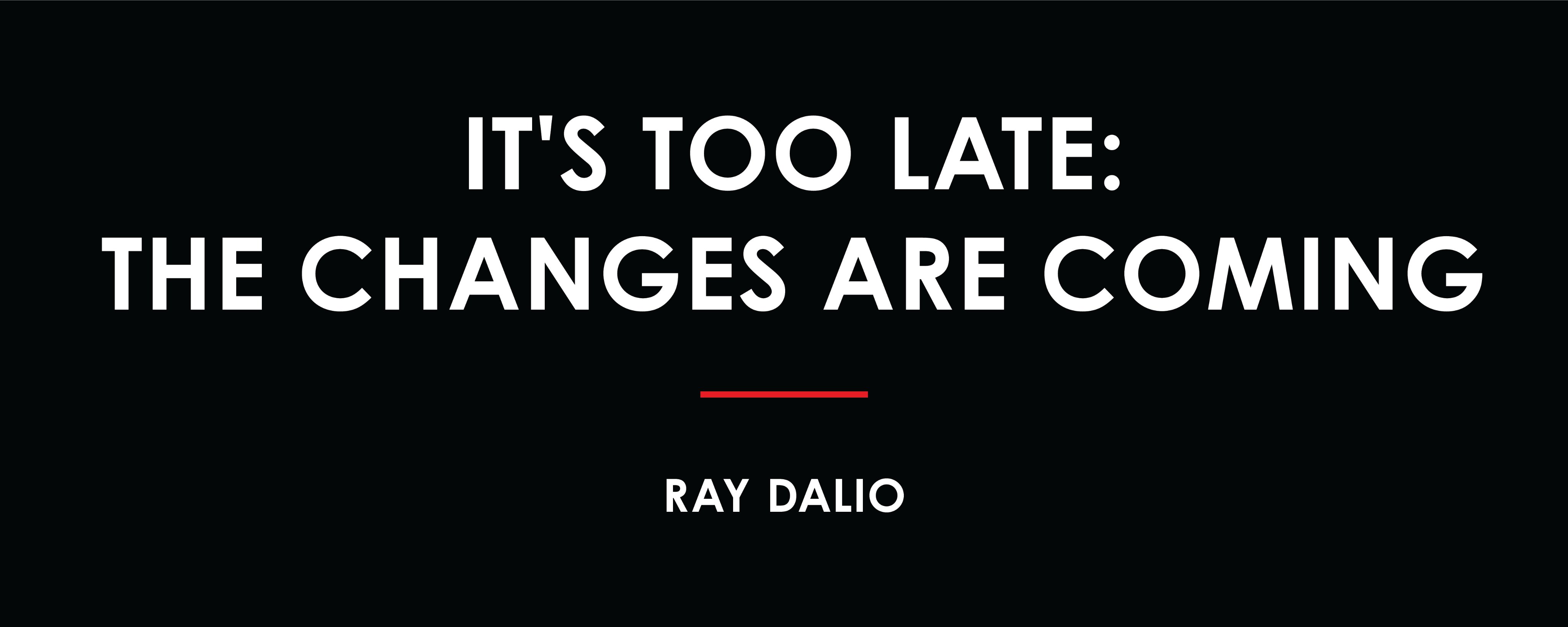Wisereads Vol. 89 — Healing Back Pain by John E. Sarno, Dan Koe on The 80-Hour Myth, and more
Last week, we featured The Murder of Roger Ackroyd, the Agatha Christie classic that put her on the map. This week, we're sharing a preview of a personal Readwise favorite: Healing Back Pain: The Mind-Body Connection by John E. Sarno.
Keep reading to add to your Reader account below 👇
Most highlighted Articles of the week

Will the Humanities Survive Artificial Intelligence?
Princeton professor D. Graham Burnett asks his students to chat with a large language model about attention. The results spark a haunting yet hopeful reflection on what machines can mimic—and what they can't. "No amount of peer-reviewed scholarship, no data set, can resolve the central questions that confront every human being: How to live? What to do? How to face death?... They are the work of being, not knowing—and knowing alone is utterly unequal to the task."

The 80-Hour Myth (Why We’re Addicted To Being Busy)
In his latest letter, writer Dan Koe channels his frustration into a lesson: working less, but better, is more powerful than grinding yourself dull. After all, it’s your life’s work, not a race. "Take Charles Darwin. You know, the guy who wrote 19 books in his lifetime, discovered the theory of evolution, and changed the world as we know it while working 4-5 hours a day followed by lots of long walks, reading, and other leisure that fueled his mind with the ideas that allowed him to accomplish such grand tasks. The difference between you and him is that this was his life’s work."

The Seven-Year Rule
Every seven years, you're a completely new you—that’s David Sparks’ (aka MacSparky) key takeaway from a book by the Dalai Lama. Known for helping people become more productive with Apple tech, Sparks reflects: "The person you are today doesn’t share a single cell with the version of you from seven years ago... We often become fixated on our past: mistakes we’ve made, opportunities we’ve missed, harms inflicted upon us (and by us), or wounds we’ve suffered. But what if we truly internalized that the person who experienced those things no longer exists in a physical sense?"
Most highlighted YouTube Video of the week

A minimalist guide to lifting weights
New dad Matt D’Avella turned to Australian trainer Eugene Teo to learn the art of “minimalifting”—a minimalist approach to strength training that blends endurance, mobility, and power. Strategic supersets are key. "This isn’t about lifting the lightest weights possible or using the least amount of equipment. It’s about using the latest science to train with purpose, so you’re not wasting time or energy, and you’re getting the most out of every rep... I look at minimalism as a concept of efficiency, removing redundancy and eliminating any wasted effort."
Most highlighted Twitter Thread of the week

It's Too Late: The Changes Are Coming
Ray Dalio, Bridgewater founder and Principles author, seizes the moment to spotlight his upcoming book, How Countries Go Broke, as he weighs in on how tariffs are reshaping today’s markets. "Said more simply, enormous trade and capital imbalances are creating unsustainable conditions and major risks of being cut off, so they must come down -i.e., excessive imbalances + deglobalization = smaller trade and capital imbalances."
Most highlighted PDF of the week
A practical guide to building agents
OpenAI’s new guide is a crash course for product and engineering teams ready to build their first agents, covering everything from selecting a model, to writing clear instructions, and handling edge cases. "Consider the example of payment fraud analysis. A traditional rules engine works like a checklist, flagging transactions based on preset criteria. In contrast, an LLM agent functions more like a seasoned investigator, evaluating context, considering subtle patterns, and identifying suspicious activity even when clear-cut rules aren't violated. This nuanced reasoning capability is exactly what enables agents to manage complex, ambiguous situations effectively."
Hand-picked book of the week

Healing Back Pain: The Mind-Body Connection
When John E. Sarno first published Healing Back Pain, his mind-body diagnosis defied mainstream medicine—yet brought relief to countless chronic pain sufferers. Three decades later, back pain isn't just common; it's an epidemic. The 2010 Global Burden of Disease study ranked it the leading cause of disability worldwide.
"All this has happened in the past thirty years. Why? After a few million years of evolution, has the American back suddenly become incompetent? Why are so many people prone to back injury? And why has the medical profession proven so helpless to stem the epidemic?"
Sarno's approach sounds unconventional because it is—but the anecodotal evidence, highlighted by Stripe cofounder Patrick Collison, speaks for itself.
As one of the most densely highlighted books in Readwise, it seems reading Sarno is a rite of passage for folks like us. Snag the full ebook for $2.99 wherever ebooks are sold in the US and Canada until the end of May.
Handpicked RSS feed of the week

Construction Physics
Structural engineer Brian Potter digs into why building construction productivity has dropped over the past 50 years, and the answers might surprise you. From 50 Things I’ve Learned Writing Construction Physics: "Construction in general has gotten slower in the US over time, but the contours of these speed changes aren’t uniform, and are sometimes surprising. The speed of New York skyscraper construction has fallen by more than 50% since the 1960s, but in Chicago speeds are down just 10% from the 1960s (though the decline from peak speeds in the 1970s is greater). Today Chicago skyscrapers are built roughly twice as fast as New York skyscrapers."